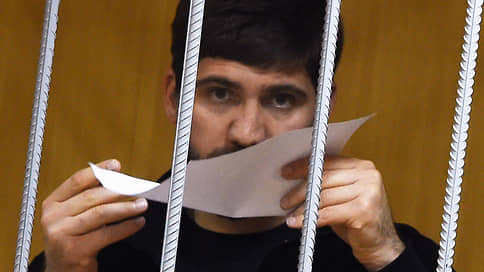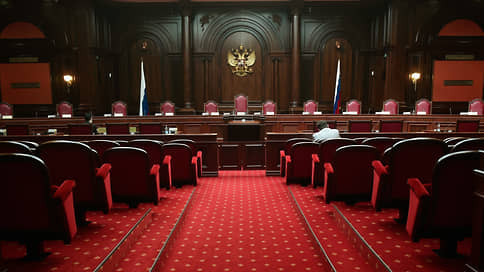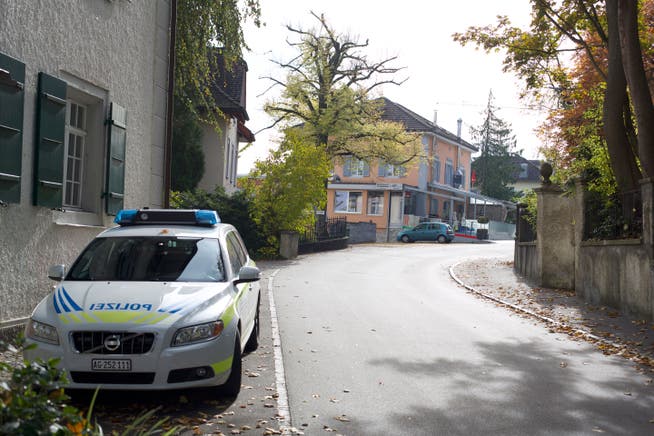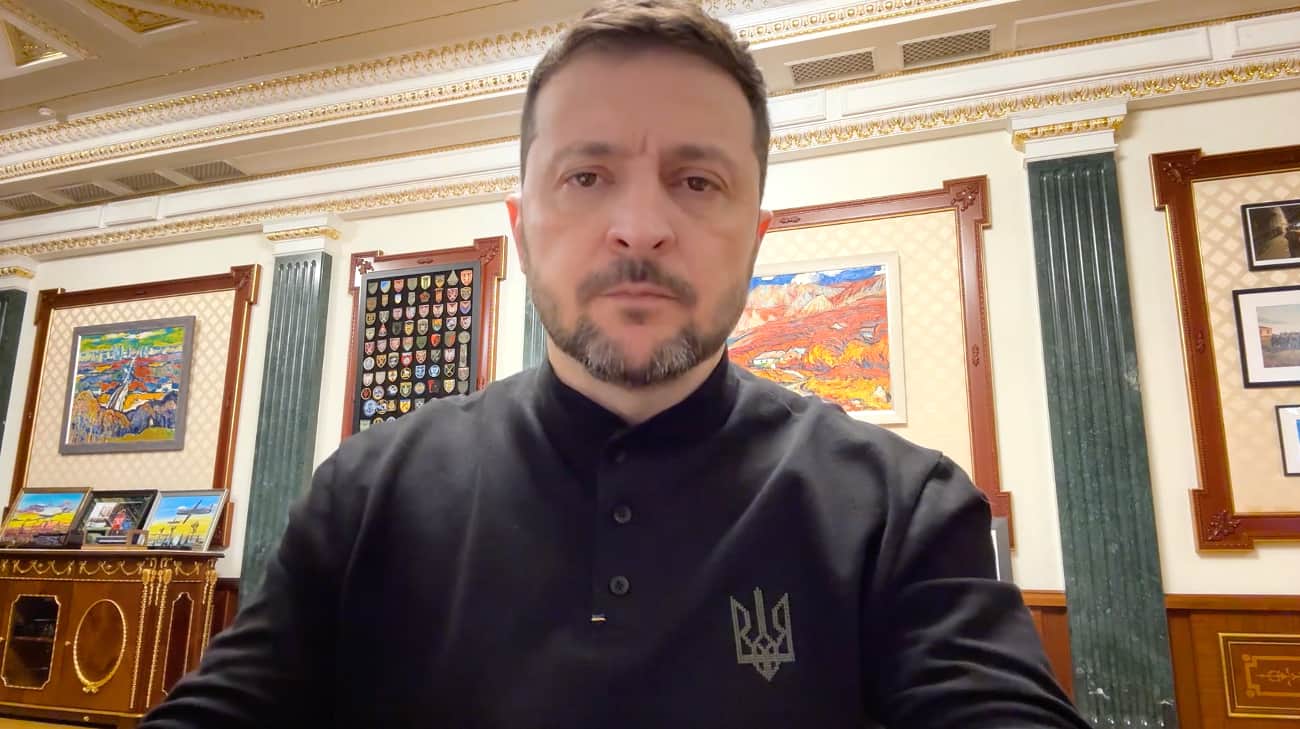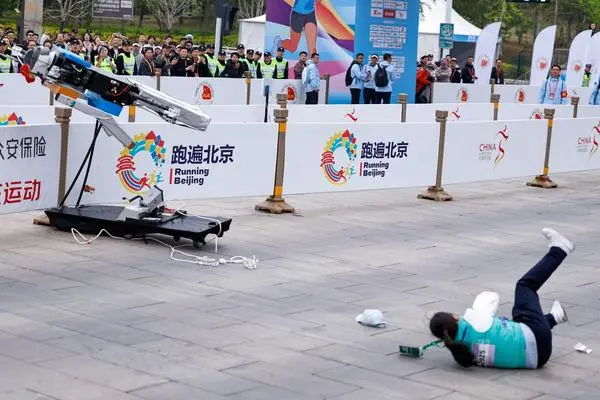Why the Communist Party against DEG and what deputies offer to do with it
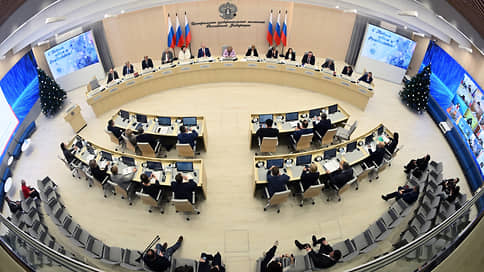
The Central Election Commission (CEC) will discuss the problems of remote electronic voting (DEG) with the participation of political parties and experts within a month. This was announced on April 7 by the head of the Office of the organizational, methodological and expert-analytical support of the CEC apparatus Alexei Nesterov at a round table in the State Duma. Deputies who criticized recent electronic voting amendments already have ideas on how to improve it: for example, to introduce a separate punishment for falsification of online shoots and force the courts to study technical documentation.
The online voting turned out to be in the focus of attention after a group of senators and deputies, led by the chairman of the Committee of the Council of State Construction, Andrei Klishas, entered the Duma billallowing to conduct purely electronic elections – without the use of paper ballots. The project caused active criticism from the Communist Party and « Fair Russia – for Truth. » Chairman of the CEC Ella Pamfilova in response scolded Oppositionists for “full confusion in the heads”, emphasizing that the amendments do not provide for the abolition of the institute of “paper” voting, but only clarify some norms of the law.
On April 7, the Communist Party leader Gennady Zyuganov in absentia answered the head of the Cic, saying on a round table that if one or two deputies could still have confusion in their heads, then 88 at once (so many parliamentarians voted against the bill) – is unlikely. And other participants in the event formulated the main complaints about DEG: it is carried out using unprotected voter devices and on the Internet uncontrolled Internet, certificates and documentation for DEG systems are not published, and observers to equipment are limited. As a result of information, in order to form a public confidence in online voting, it is clearly not enough.
Offenses in the field of elections and now have a very high level of latency, the first deputy chairman of the State Building Committee Yuri Sinelshchikov (Communist Party) was complained.
For the entire 2023, only one sentence was sentenced under the article on the falsification of electoral documents (part 1 of article 142 of the Criminal Code) and five for attempts to falsify voting results (Article 142.1 of the Criminal Code). DEG allows violations even more hidden, the deputy believes. A specialist in electronic votes counting the MSTU named after Bauman Viktor Tolstoguzov recalled that he filed claims for the abolition of the DEG protocol: the evidence of the incorrect voting was not refuted by the DEG election committee, but the courts refused to satisfy the lawsuit on incomprehensible grounds.
Alexey Nesterov explained that the court then simply could not figure out the materials presented, although he devoted two days to this. “Indeed, there are some graphs, there are no facts,” said the representative of the CEC. At the same time, he once again emphasized that the criticized bill does not at all provide for a widespread transition to electronic voting, since there is simply no money for this. As a rule, about 10% of the total number of voters vote using DEG, and this figure has not been growing in recent years: it is only in Moscow, where information services are more developed. At the same time, the CEC is always configured for constructive dialogue, assured by Mr. Nesterov assembled. In the coming month, he said, the commission plans to hold a round table for DEG, where issues of authorization, authentication, voting records in blockchain and summing up will be affected. Representatives of all political parties and experts will be invited there, an employee of the CEC promised.
According to deputies, CIKs should also work on the legislative regulation of online voting.
In particular, the recommendations following the results of the round table indicate the need to provide for clear procedures that guarantee access to public observers to the key stages of DEG, as well as the inclusion of norms in the Code of Administrative proceedings that ensure the possibility of studying technical documentation when considering judicial disputes to dispute the results of DEGs. In addition, deputies propose to establish certain compositions of offenses and crimes related to interference with electronic systems, and to ensure additional training of observers and election members to monitor the progress of online voting.


